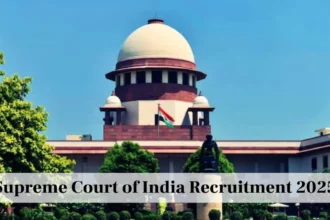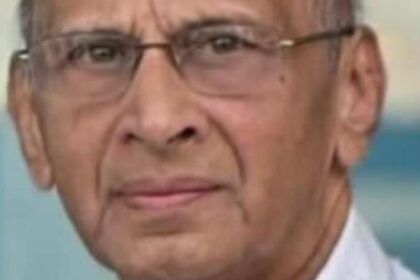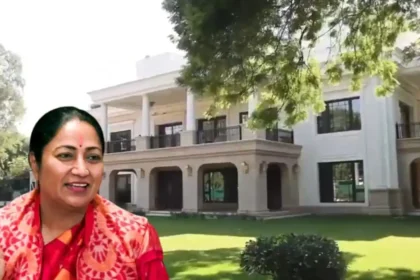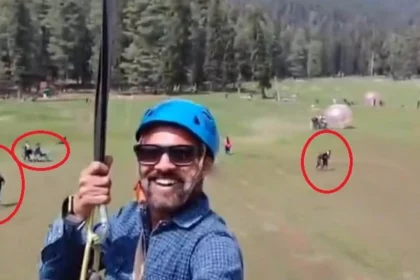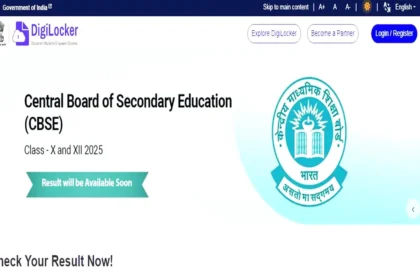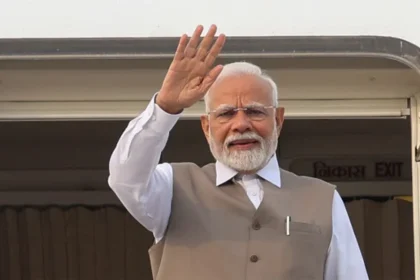Centre Expresses Helplessness in Nimisha Priya Death Row Case: “We’ve Done All We Can”
The Indian government has acknowledged the limits of its intervention in the case of Nimisha Priya, the Kerala nurse sentenced to death in Yemen, stating before the Supreme Court that it has done everything within its capacity to save her.
“It is unfortunate… but there is a point till which we can go, and we have reached that,” Attorney General R Venkataramani told a Supreme Court bench headed by Justice Vikram Nath and Justice Sandeep Mehta on Monday. He added that further action is beyond diplomatic or legal reach, describing the matter as a “very complex case.”
Background: Who Is Nimisha Priya?
Nimisha Priya was convicted in Yemen for the murder of a Yemeni national in 2017 — a man whom she alleged had harassed and exploited her. She is scheduled to be executed on July 16, 2025.
A global campaign, ‘Save Nimisha Priya International Action Council’, has been pushing for her release by offering ‘blood money’ — a legal provision in Yemeni law allowing the victim’s family to accept financial compensation in exchange for pardoning the accused.
Blood Money Offer: A Last Resort
The petitioner’s counsel told the court that the only path left was if the victim’s family agrees to accept blood money. They said an offer of $1 million (approximately ₹8.5 crore) had already been made.
In a plea to the court, the petitioners suggested that someone from the Indian government be sent to negotiate directly with the Yemeni family. However, the Attorney General responded firmly:
“There is a point till which the Government of India can go… we have reached it.”
Centre’s Limited Role
The Supreme Court inquired whether the Indian government could contribute or negotiate as part of the compensation package. But the Attorney General clarified that any financial offer must be a personal or private gesture, and cannot involve government funds or official negotiation.
“We tried everything possible, even without making it very public,” said the AG. “There is a limit to the functions of the government.”
What Lies Ahead?
With the execution date nearing, the case has taken a humanitarian turn, raising questions about how far a sovereign government can go in defending its citizens abroad, particularly in nations with very different legal systems and limited diplomatic presence.





